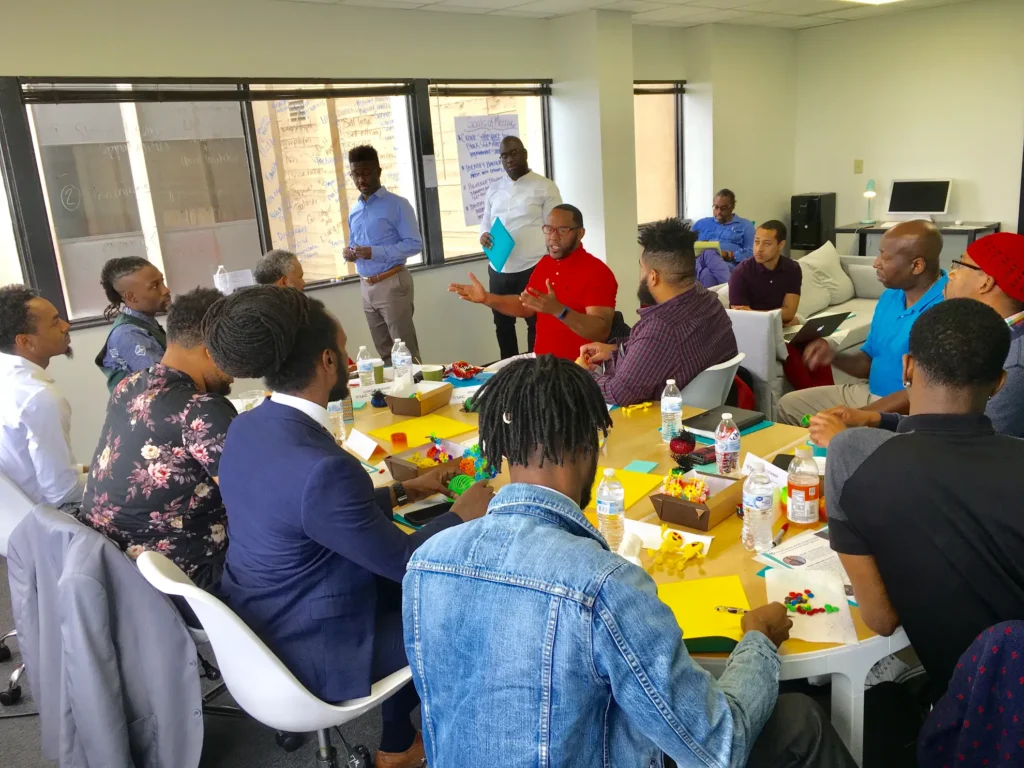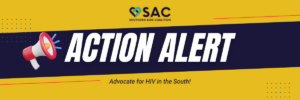By Mardrequs Harris, Senior Manager of Capacity Building Assistance
The Southern AIDS Coalition is committed to addressing stigma in its many forms (e.g., racism, homophobia, transphobia), including the stigmatizing attitudes and behaviors that many of us experience from the organizations that serve us. We see this as essential to improving the well-being of people living with HIV and promoting the overall health outcomes of all Southerners, with an emphasis on all populations that are disproportionately impacted as well.
As part of the Gilead COMPASS (COMmitment to Partnership in Addressing HIV/AIDS in Southern States) Initiative, SAC is building a better HIV workforce by training community-based organizations, government agencies, and healthcare delivery entities to provide culturally appropriate, non-stigmatizing services. We issued an open call for subject matter experts to help us with this endeavor. As a result of an overwhelming response, and as a first step towards making significant progress in the South, we decided to convene multiple groups of our priority populations most impacted by HIV from across the Deep South for meetings in Birmingham, Alabama. The first group SAC has had the honor of hosting was same gender loving (SGL), gay and bisexual black men.
This group consisted of several diverse and brilliant men to help review existing resources and inform new content that can be used with providers across the South as it pertains to the health of SGL men (with a specific emphasis on HIV). We used as a theme: “Transforming the South” and the goals of the meeting were as follows: (1) create a safe space for open/honest dialogue to discuss the needs for improved, stigma-free and culturally appropriate experiences with care providers; (2) identify barriers, gaps, problem areas, weakness, and recurring efforts in how care is provided to priority population; (3) highlight programs, interventions, healthcare settings, etc. that are currently working or providing examples of stellar service to priority population; and (4) identify key areas of interest from priority population that should be addressed immediately to being building and/or revising existing curriculum. This meeting of the minds was nothing short of amazing and exhilarating. Many experiences, stories, problems, and solutions were shared among the group.
As the Senior Manager of Capacity Building Assistance and a student of this phenomenal group of individuals, my key takeaway from this experience and from my own point of view was that intentionality and inclusion are the necessary steps to create a healthier South as well as end the HIV epidemic that still disproportionately impacts the Southern United States. Communities impacted by HIV must be the leaders and key informants to our organizations as we strive together to decrease new infections, link and retain individuals to care, ramp up prevention planning and strategies, and increase overall health outcomes. We must recognize, empower, yield space and employ member of these communities as not just numbers and demographic markers but as experts of their own lives. It is absolutely time that we couple compassion with our passion to end this epidemic. We must work together as community, organization, all levels of government, corporations, providers, clients, family and friends. We are ALL impacted and it will take us ALL to end this epidemic!

